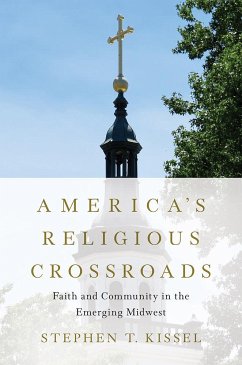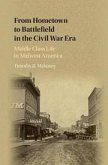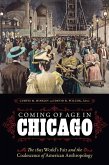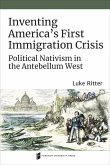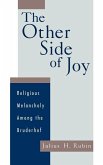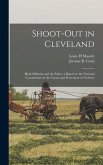"This book examines the role of religion in shaping the social, cultural, and civic infrastructure of the antebellum Old Northwest. Between 1790 and 1850, waves of Anglo-Americans, African Americans, and European immigrants flooded the territories of the Northwest (Ohio, Indiana, Illinois, Michigan, and Wisconsin), creating a mosaic of ethnically and socially diverse antebellum communities. Among these settlers journeyed Protestant ministers, Catholic priests, and entire companies of religious societies who viewed the region as fertile ground for building new outlets of religious unity and fervor. This surge transformed the Northwest into a metaphorical crossroads of religious activity, adding to the region's already diverse population. Thanks to the simultaneous commencement of the Second Great Awakening, Christianity facilitated many of the region's earliest advances in literacy, formal education, civic and moral accountability, charitable public outreach, and social reform. Fingerprints of religious influence can be regularly observed in the region's domestic life, civic involvement, and local townscapes-a dynamic that affected believers and nonbelievers alike. Offering fresh insight into the bonds, networks, and encounters that shaped early Midwestern communities of the nineteenth century, this book highlights a crucial religious influence that accelerated and shaped the region's early growth and development"--

